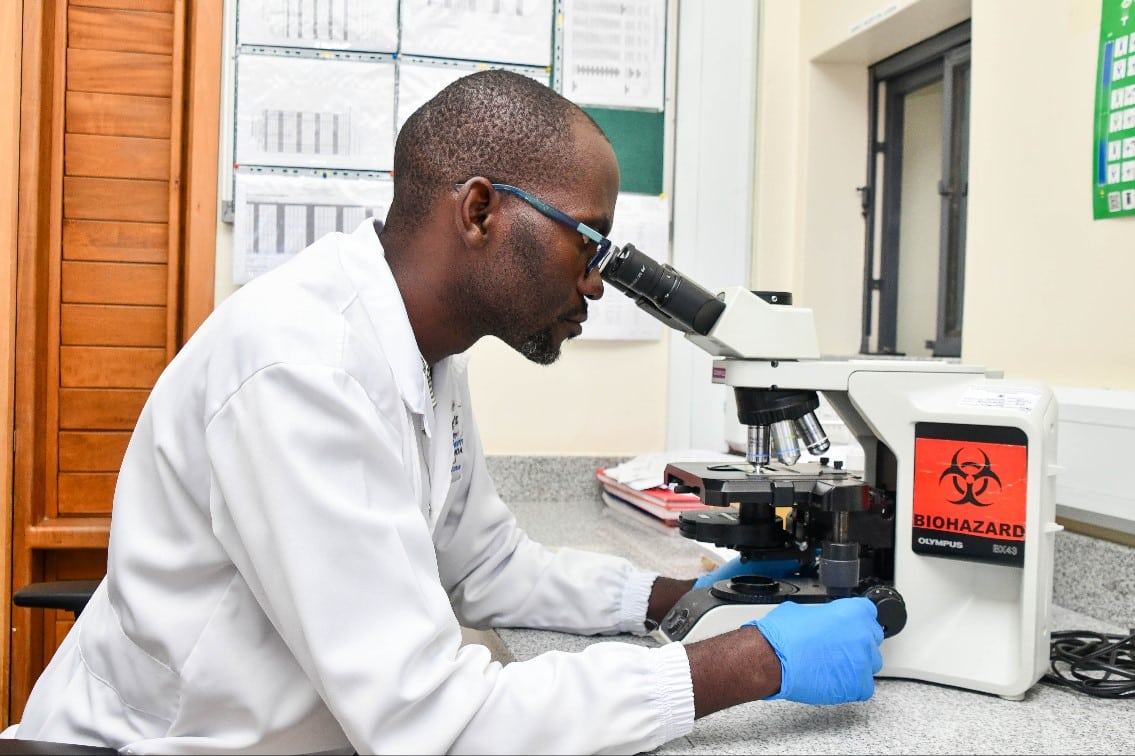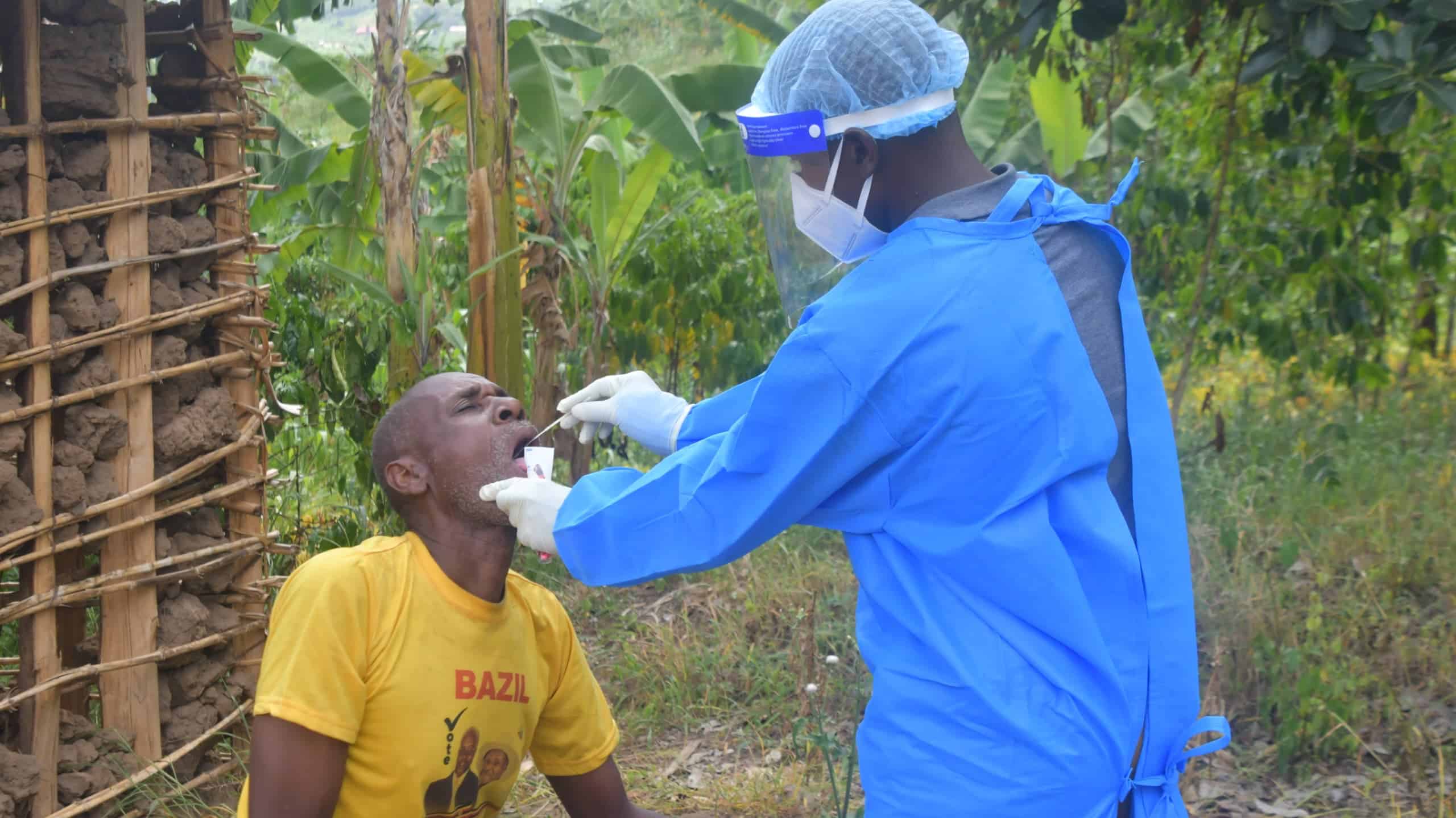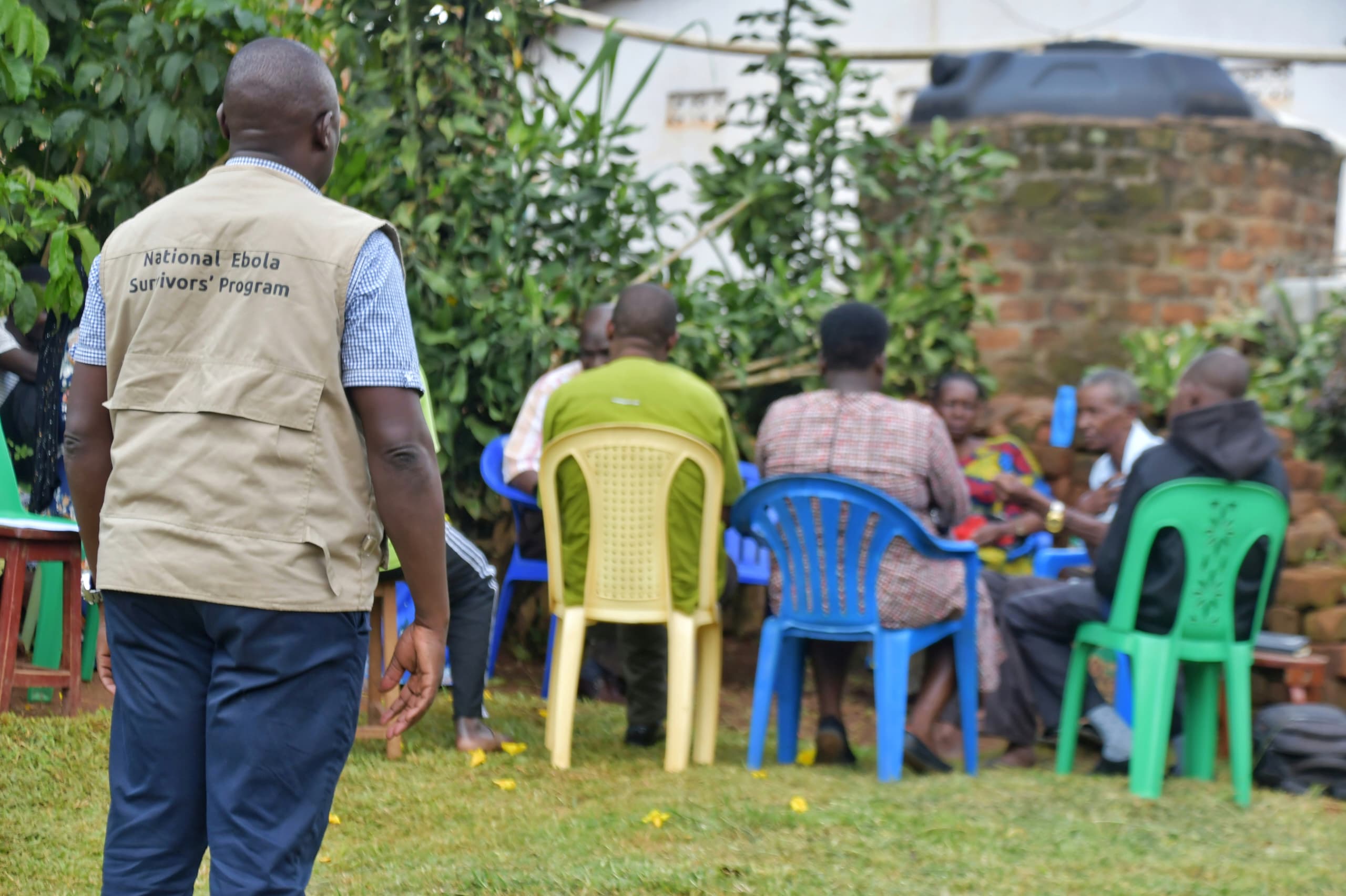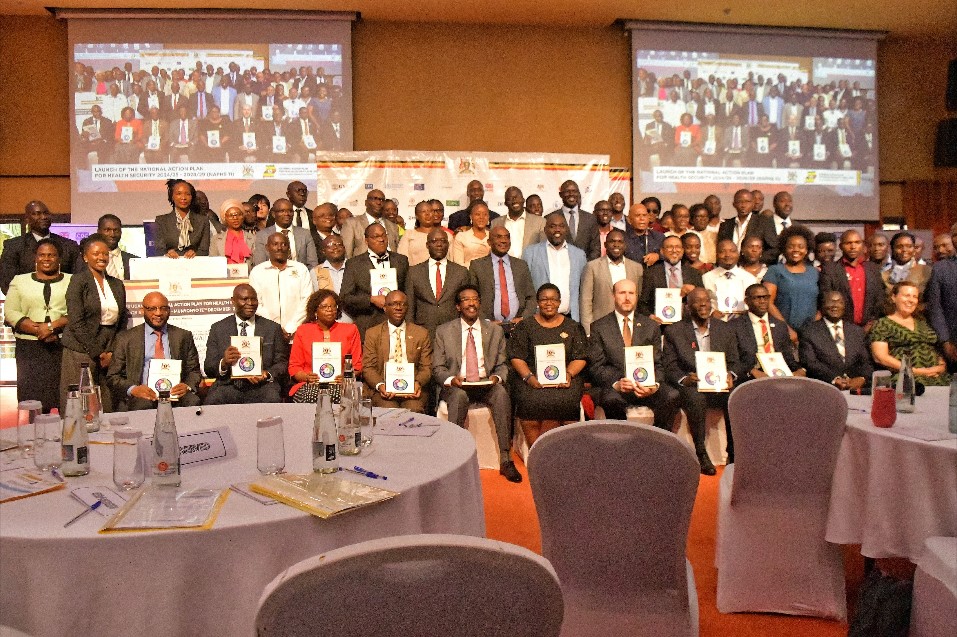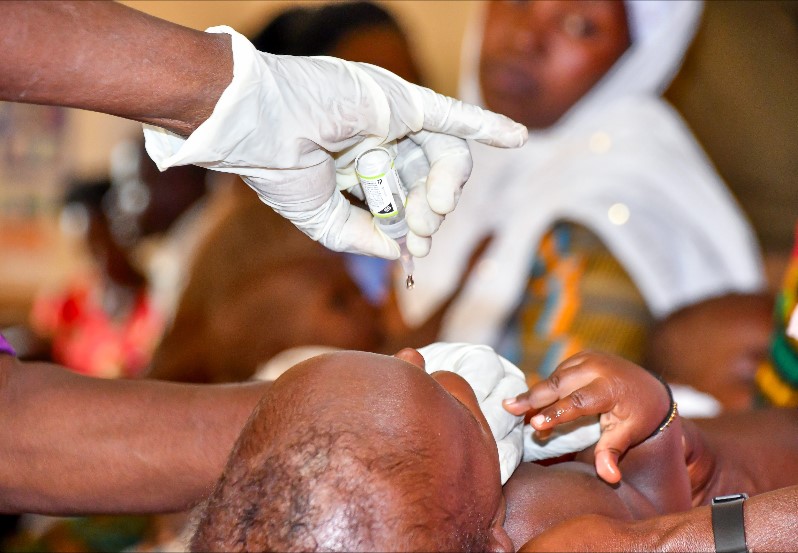Baylor Foundation Uganda, with funding from the United States Department of State is supporting the Ministry of Health to build a laboratory network with the capacity to provide diagnostic and surveillance services. Baylor Foundation Uganda uses the Strengthening Laboratory Management Towards Accreditation (SLMTA) approach to train labs to implement the Laboratory Quality Management System (LQMS) and attain international accreditation status.
Baylor Foundation Uganda also supports laboratory infrastructure refurbishment and equipment procurement, laboratory equipment management through subgrants to two regional laboratory equipment workshops, supply chain management, biosafety and biosecurity, and a robust specimen referral and transportation system. The laboratory capacity-building program is implemented through training, mentorships and quality assurance in collaboration with Uganda Ministry of Health’s National Health Laboratory System (UNHLS). Through this capacity, the laboratory network is able to deliver quality results to inform clinical decisions, early detection and response to disease outbreaks.’
What Baylor Foundation Uganda Does in Laboratory Systems Strengthening
- Building leadership and coordination: We empower districts in the Rwenzori, Bunyoro, and Mbale regions to design and run their own diagnostic network plans, ensuring laboratories respond to local needs.
- Driving quality excellence: Our mentorship and training programs help laboratories meet and sustain international standards, with several attaining ISO 15189 accreditation and our Center of Excellence in Kampala proudly accredited by the College of American Pathologists.
- Upgrading infrastructure: We refurbish and modernize laboratories, creating safer spaces with smoother workflows that deliver faster, more reliable results.
- Boosting disease detection: We equip healthcare workers with the tools, training, and confidence to detect priority diseases quickly and accurately — including through point-of-care testing in hard-to-reach facilities.
- Promoting biosafety and biosecurity: Through training and mentorship of laboratory professionals, we ensure that health facilities can uphold the highest safety standards to protect both staff and communities.
- Strengthening supply chains: We train teams to manage diagnostic commodities effectively and step in with critical buffer supplies to keep regional laboratories running without interruption.
- Connecting the referral network: We have established mechanisms that enable specimens from the majority of health facilities to be transported efficiently to hub laboratories and national reference laboratories, ensuring timely and accurate results.
